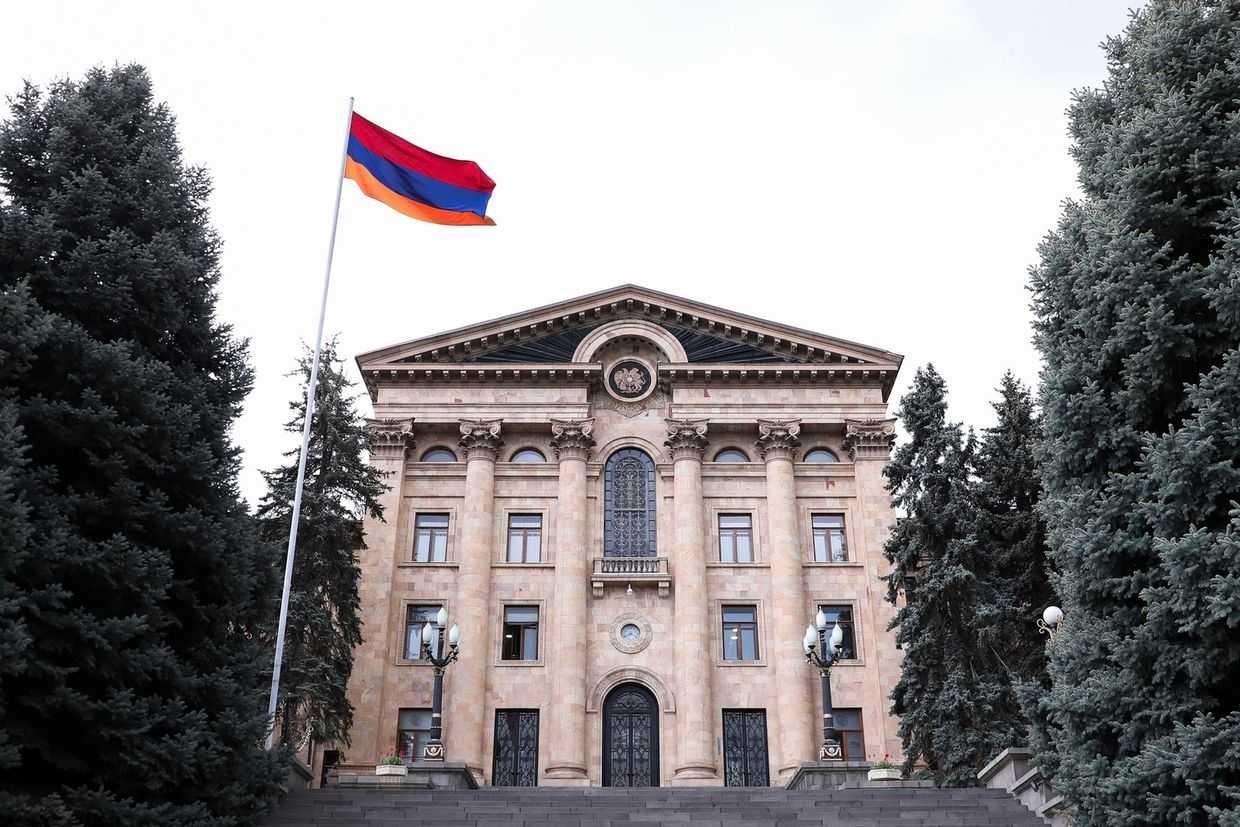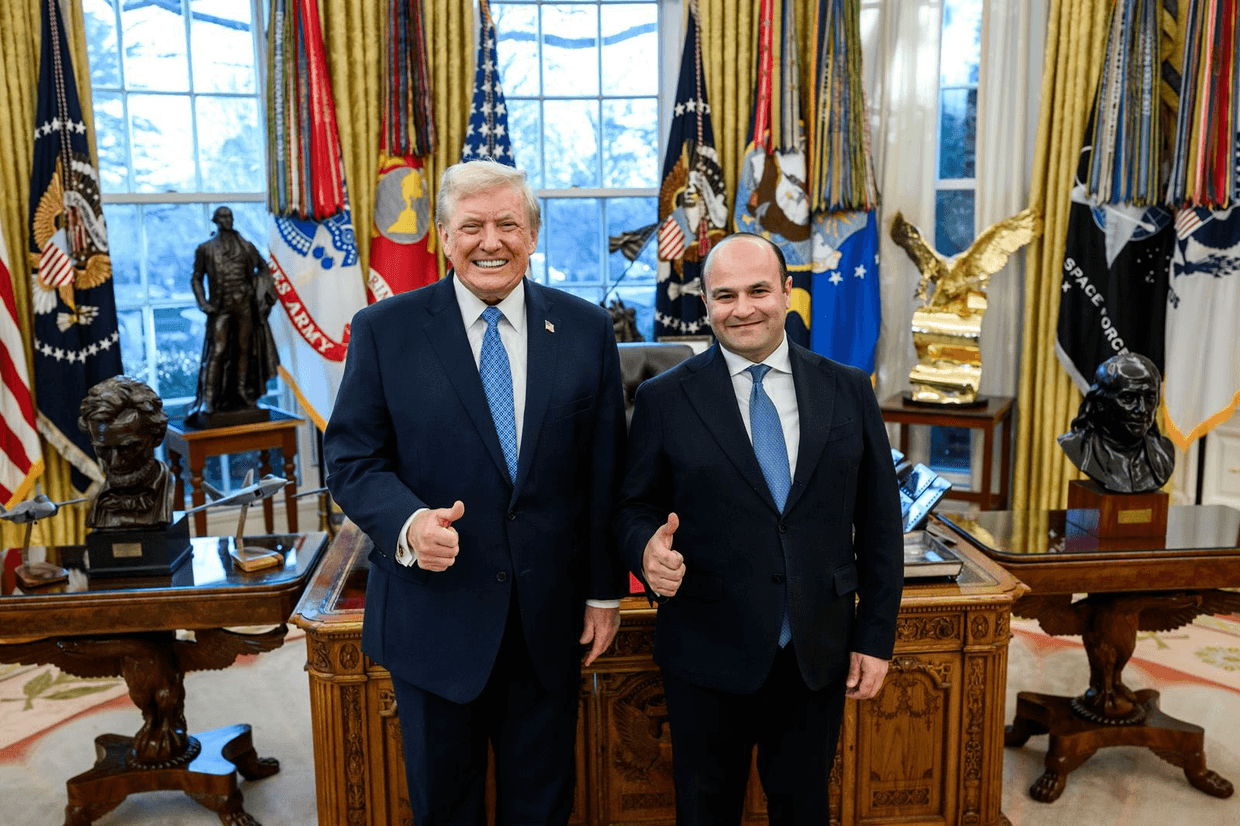
Two weeks after a recording in which acting Supreme Judicial Council head Gagik Jhangiryan could be heard apparently threatening his predecessor and pressuring him to resign, the Council has announced Jhangiryan’s resignation citing a ‘health condition’.
The Supreme Judicial Council is Armenia’s highest judicial body and is authorised to appoint and dismiss judges.
In the tape published on 20 June by the former head of the Supreme Judicial Council Ruben Vardazaryan, Jhangiryan — still a regular member of the Council at the time of the recording — appeared to threaten Vardazaryan, saying he might face criminal charges if refused to resign as head of the Council.
Ruben Vardazaryan too was ultimately dismissed from his post on 23 June, only three days after he released the recording and a year after being suspended by the council members over criminal cases he was involved in.
Vardazaryan was elected head of the council in July 2019 and was suspended after a criminal case on charges of obstruction of justice was launched against him in April 2021. Since then, Jhangiryan, a close ally of Prime Minister Nikol Pashinyan, has been the acting head of the council. Until his formal dismissal as head of the Supreme Judicial Council, Vardazaryan technically still remained in his position, despite the suspension.
In the recording, Jhangiryan uses profane language and says he would never allow Robert Kocharyan, Armenia’s Second President and a vociferous opponent of Pashinyan, to return to power — apparently implying that Kocharyan exercised influence over Vardazaryan and other members of the Supreme Judicial Council.
During the Kocharyan administration, Jhangiryan who had been serving as a deputy prosecutor general was himself arrested on charges of obstruction of justice.
Despite the public outcry regarding the tape and Jhangiryan’s statements, the Armenian government remained silent on any plans to initiate a criminal case against Jhangiryan for what many have called an ‘apparent crime’ and a stark example of undue government influence on the judicial system.
Jhangiryan gave an interview to the Public Broadcaster one day after the tape was published, justifying his claims and stating that he was misinterpreted and misunderstood. He said he was aware that he was being recorded.
Other members of the Supreme Judicial Council have refused to bring any disciplinary actions against Jhangiryan.
Prime Minister Nikol Pashinyan broke his government’s silence about the case a week after the tape was published, stating that the scandal ‘overshadows’ the process of ‘judicial and legal reforms’.
He also acknowledged problems about his administration’s lack of real ‘successes’ in judicial reform and said that they are his government’s ‘biggest problem’.
Armenian law enforcement, meanwhile, have said they are ‘looking into’ the case.








